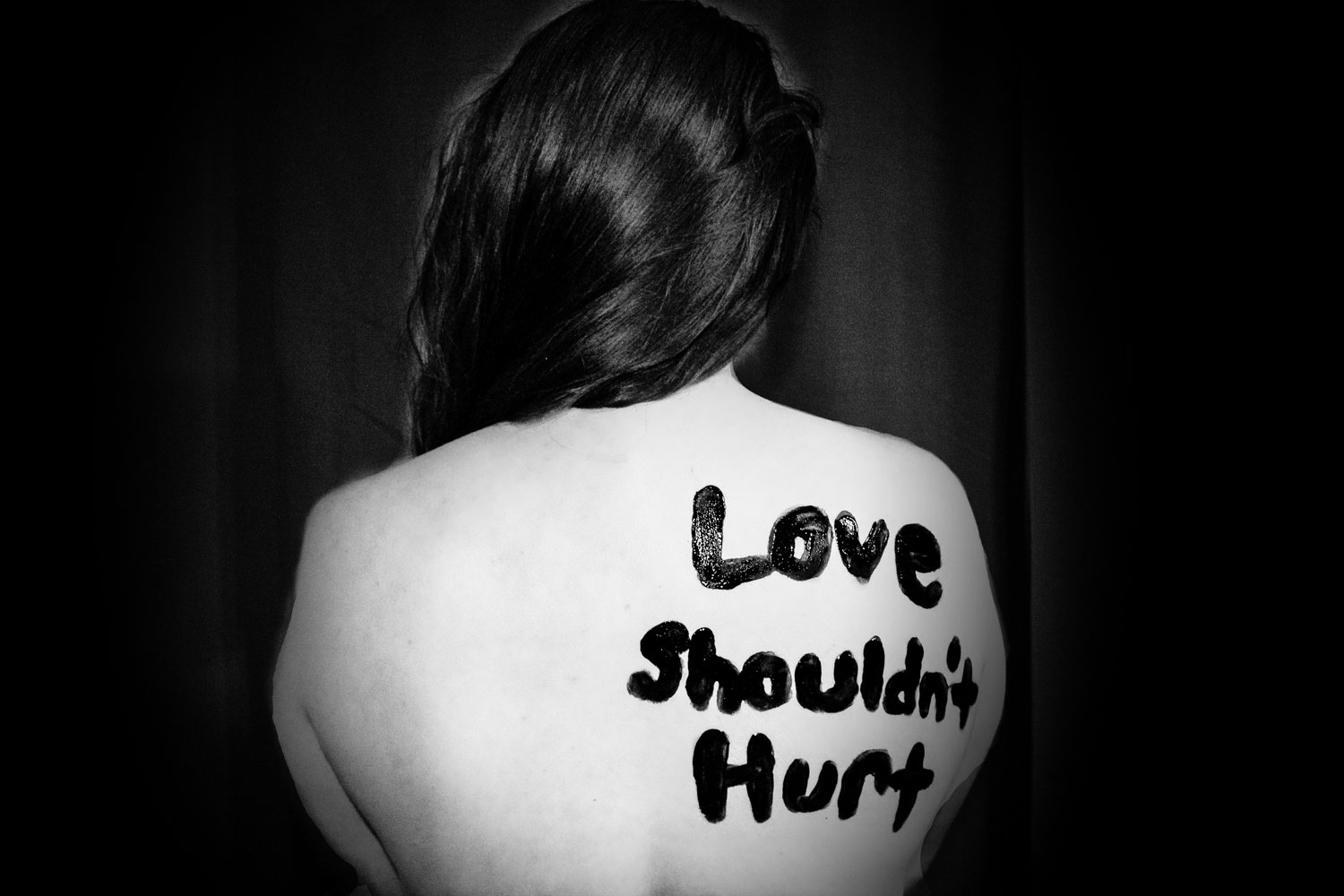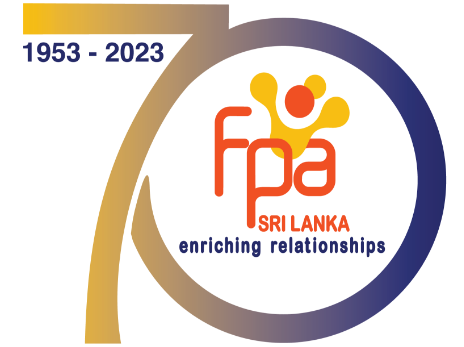Is my partner abusive?

Is your partner constantly checking up on you and getting angry when you don’t do the same or is he always jealous and does he address you in an accusatory tone? Is he constantly putting you down about your intelligence or appearance in an attempt to make you feel insecure about yourself or insulting your family and friends and attempting to isolate you from them? Is he blaming you for the abusive behaviour, telling you that you deserve it, and never taking responsibility for his actions? Maybe he claims he has a quick temper, apologizes for abuse and swears to never do it again, maybe he even buys you expensive gifts to prove the same? Maybe he stops you from taking birth control and forces you to have sex/ tells you that you owe him sex? Or maybe he is even abusing you physically and yet won’t let you leave the relationship?
None of the above is normal or ok. If you have faced any similar act of any degree, you are in a relationship that is abusive, even if it is “only a few of the above mentioned actions” or even if you think it is “acceptable”. It may have started from you thinking they check-up on you constantly because they love you, and today you may think they hit you because you did something wrong and blame yourself. Alternatively you may think, “he shouted at me, but at least he didn’t hit me”. You may have identified it or excused it or may not even know that it is abuse, and if it’s the latter, I hope that today you know that it is indeed abuse and you need to get as far away as possible from it.
Dating violence takes the forms of physical, sexual, emotional, or verbal from a romantic or sexual partner. It can happen on a first date, or once you've fallen in love many years later. It happens to both men and women of all age groups, races and ethnicities, incomes, education levels and irrespective of if you are in a heterosexual or same-sex relationships.
Dating violence or abuse often starts with emotional and verbal abuse, where they constantly call you or frequently demean you. This is how your significant others will gain power and control over you. It then leads to more serious kinds of abuse, such as physical abuse, stalking, or preventing you from using birth control or methods that would protect you from sexually transmitted diseases.
Dating violence also occurs through digital abuse, which is a type of abuse that occurs through the use of technology, especially texting or social media. Digital abuse will occur through repeated unwanted calls or texts, harassment on social media, pressure to send intimate and personal pictures, demanding passwords to your social media accounts, phone or email, demanding that you respond right away, controlling who you can be friends with via text or insulting you via text etc.
Just like no one is bound to have sex with a partner just because they ask for it, no one is bound to send intimate images to a partner if they are not comfortable with doing so. In a healthy relationship, both partners respect relationship boundaries and do not expect the other to do something that they are not comfortable in doing. Your choice matters.
Dating violence usually starts from something that is not as severe as what it ends up in. Dating violence is never your fault but you can choose what you do about it. The sooner you identify these aspects in your partner and see the abuse, the sooner you will realize that you are safer and better off without this relationship. Staying in an abusive relationship can have long-lasting effects on your mental and physical health, and can cause depression or anxiety and even manifest as chronic physical illnesses. Learn the signs of dating violence or abuse and seek help from professionals and/or loved ones.
November is the International Day for the Elimination of Violence against Women. I hope this month you can find it in yourself to understand that you deserve so much better and leave your relationship of abuse.
If you need any assistance, please contact The Family Planning Association on 077 9895252, the Ministry of Women and Child Affairs on 1938, Police Children and Women’s Bureau on 011-2444 444, National Authority for the Protection of Victims and Witnesses of Crimes on 011-2431846, Women in Need on their 2six4 app or 011-2671411 or Sisters at Law on 011-2076985.
.png)



